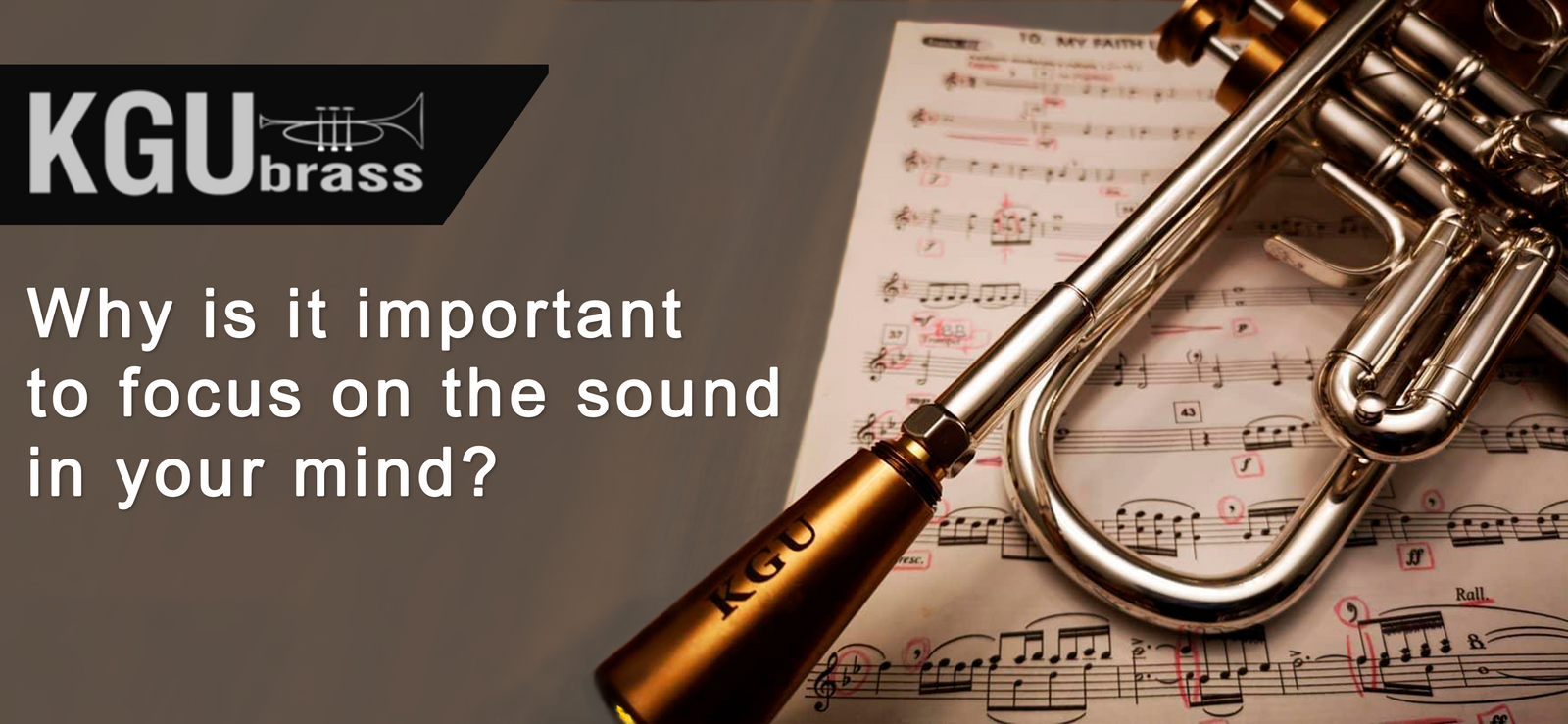When we speak about the sound, we usually think about the pitch, the volume, various tricks and techniques, but it’s more than that. What about having the sound in your mind, before you take a note? Australian multi-instrumentalist and jazz musician James Morrison calls it pre-hearing and uses it as an effective instrument in creating the music he’d like to play. This great musician makes a stress on the fact that the sound you make on the horn comes from you, not from the instrument. This way of perception always has the great effect on his musical performance, no matter if he plays in big or small halls. Let’s look more closely at the details.
Pre-hearing as an important part of the warm up
First of all you should follow the rule: don’t blow the note spontaneously and see what happens – imagine what sound you’d like to create and make it. It’s not right to you pick up the instrument with the thought “Now I’ll do it and everything will be ok” and start blowing a note without knowing how it would sound. You should hear the music in your mind before you start to play.
It seems to be a very simple rule. But in fact, you must not only clearly hear the sound of your trumpet in your head, but you must picture how YOU play your trumpet, HERE and NOW, in certain circumstances, in a certain concert hall and even day.
The character of the room has a great impact on the sound. You know, there’s a huge difference between standing in a great hall in front of the microphone and standing in a small room without it. So that’s why it’s important to hear as many details as possible. That would help you to be very accurate in the music you produce and give you a clearer picture of how you take the notes.
Of course, you can’t influence the size of the hall or the reverb, but your sound is totally under your control. You can change it, make your trumpet sound a bit mystical or mysterious. So, you can always make it better. Detailed pre-hearing helps not to miss the pitch, split the note and spoil the first impression about you, standing in front of the audience.
How does pre-hearing work?
The first note you hear must be not that one you actually take starting the concert, but the note you hear in your head. Specially it’s important when you invited to the big event with a huge audience where the failure isn’t an option. Let’s take a look on how the pre-hearing works:
- You can’t spoil what you’ve already heard. Nothing else can’t come out of your horn, but the sound you imagined and heard before.
- Don’t rely on the pressure of your lips, or air you breathe in, or any other technical side, feelings always come first. Make a focus on what you want to hear. Feelings have a strong connection with your mind. When you make your brains work, imagining the sound, you send your body a certain signal about the character, the pitch of the sound.
- Feelings, subconscious and memory are your best friends in achieving the great result. Pre-hearing in your mind helps to create the feeling and during the playing you just recreate it again on the basis of what you’ve heard in your mind. Don’t think about anything during your playing, just make a sound and let yourself flow with the music you make.
More advantages of pre-hearing
When you listen to the music you often come across interesting sounds you like most of all and wonder “Oh god, how they do it!”. But you should not ask yourself about it as well as think about techniques too much. Just listen to the music you like as much as possible and remember it, try to play with those sounds in your mind, and one day you’ll be very surprised because you’ll be able to make it.
Sometimes it’s more useful and effective to ignore what the technique requires, instead of that you should listen to the sound in your mind, focus on what you want to achieve. When you listen to the greatest trumpet players try to get the sound, let it in your mind and then play it. And you’ll get what you like. Of course, it demands practice; it won’t happen in a blink of an eye.
You can learn different types of sounds, techniques, secrets and advises but if you’d like to become individual, interesting, create the music from inside yourself. And start with the imagining it in your mind!
Photo by @dbtrumpetsounds on Instagram.



 https://kgumusic.com/pages/about-us
https://kgumusic.com/pages/about-us